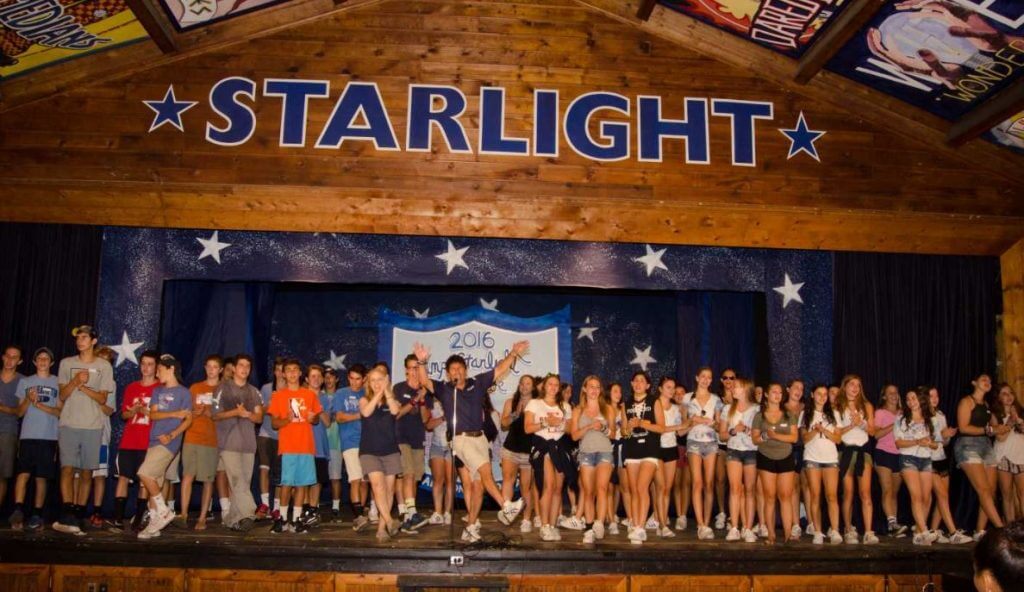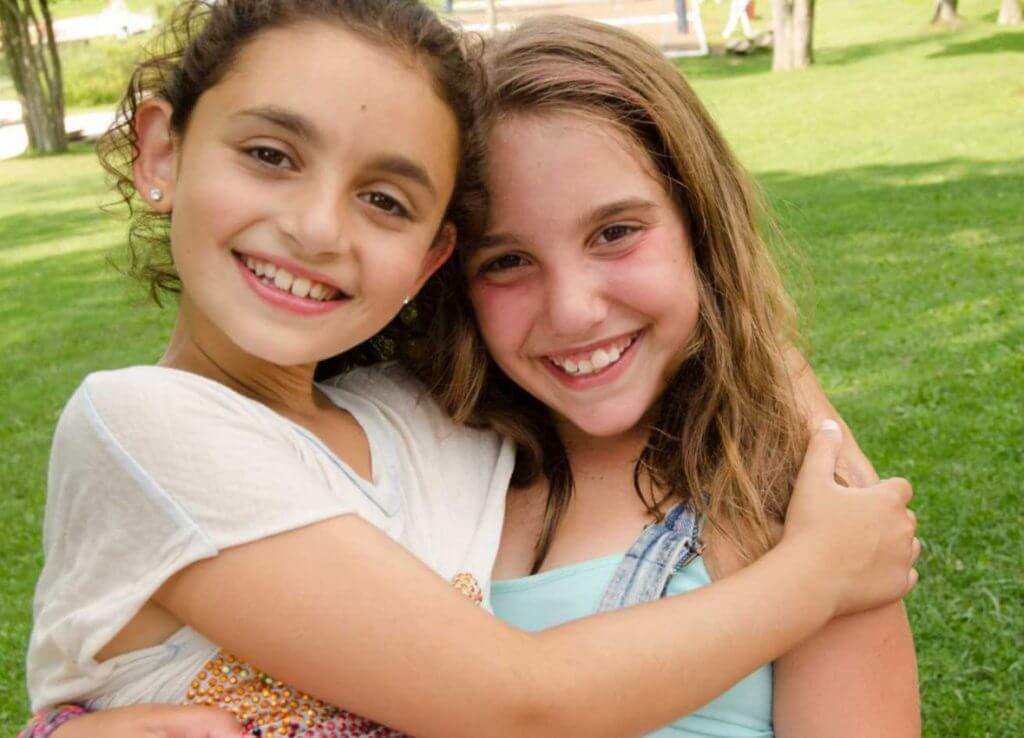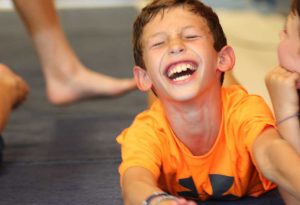
Fact: At camp, you are “go, go go.” From the moment you wake up, your schedule is packed with things to do. Some days you’re out at the lake all day, other days you are singing, dancing, acting, crafting and creating from the moment you open your eyes until you fall asleep. Your days are filled with fun and adventure, hanging out with new friends, eating delicious foods, trying new things and making life long memories. With days like these, it’s easy to understand why sometimes campers just need to rest. And as seriously as we take fun at camp, we are just as serious about rest. We know the importance of slowing down, taking a break and recharging, and all of our campers take part in “rest hour” each and every day.
When campers are constantly on the move, when they fly from activity to activity, they sometimes don’t have time to reflect on things they are seeing, doing and learning. A rest hour gives campers a chance to relax, read, listen to music, and sleep before getting back into the busyness of camp life. During this time, campers may want to write letters home, organize their cabin space, or have a conversation with a counselor that they didn’t have time for during the day. This intentional resting time is beneficial for a number of reasons.
Resting during the day is good for your body. It gives you more energy and lets your body rest from all the activity during the day. Resting has also been shown to improve productivity and focus, which can really help campers who are involved in a wide variety of new tasks and skills.
Resting gives your mind time to let go of stress. It helps you with your patience and to reduce feelings of frustration. Campers need some time to just be alone with their thoughts and relax in their own space.
Camp counselors know the importance of rest hour, and although campers aren’t required to sleep during this time, counselors encourage campers to use this time to relax and unwind and help them become comfortable with alone time and silence. Campers learn that they don’t need to be entertained every second of every day, and learn to appreciate quiet time.
At camp, you’ll spend a lot of your day on the go. But give it two or three days, and you will be looking forward to rest hour as much as you are looking forward to sailing, soccer games, and s’mores around the campfire.



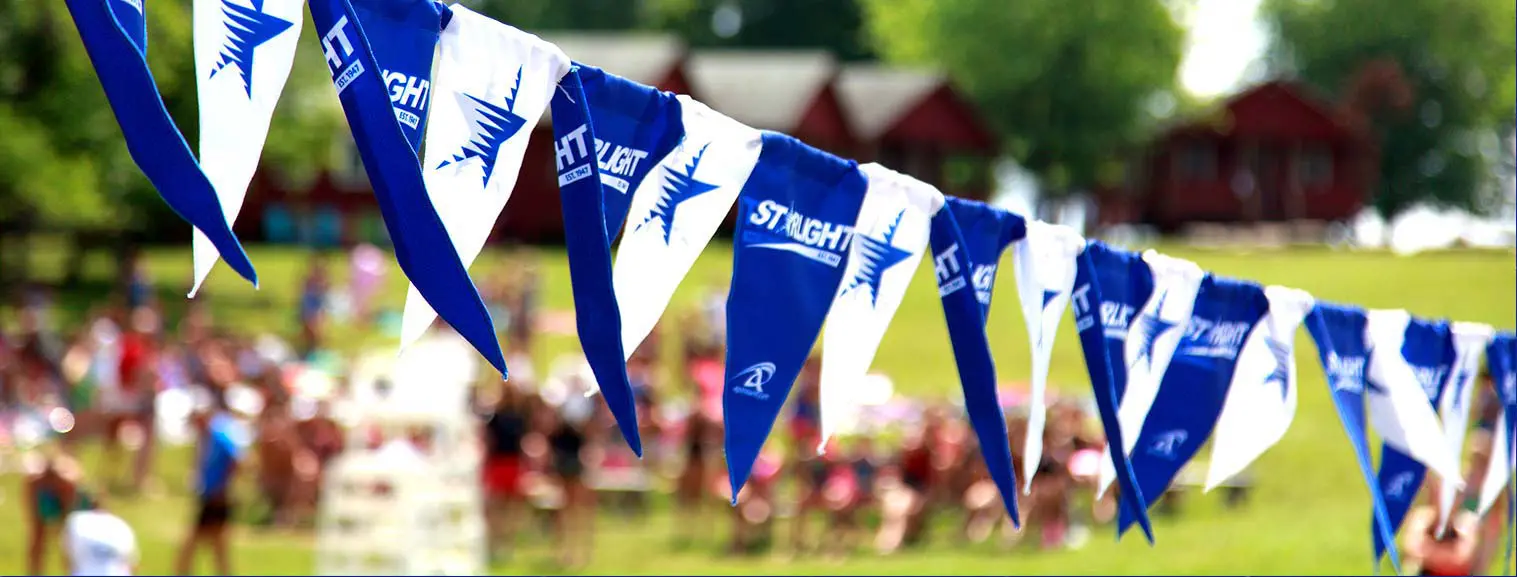

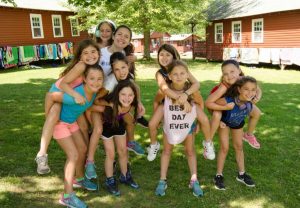
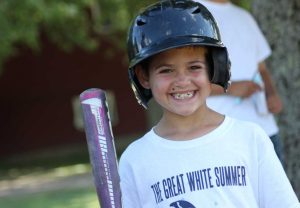
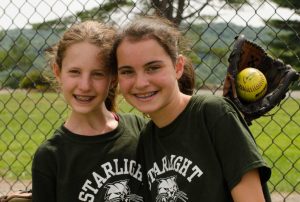

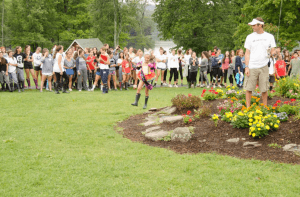 Camp traditions are kind of like an inside joke between friends; you really have to be there and be part of it to understand and appreciate the power and the feeling that is associated with them. Camp traditions are things that happen at camp that every camper and staff member can relate to, whether they went to camp 70 years ago or are experiencing it now for the first time. They are a way for campers to connect with their fellow campers, their counselors, and the camp itself. Some “traditional” traditions at camp like singing Friends and the Camp Starlight Alma Mater, All Camp Show, Opening Campfires, skipping around the flagpole, divisional cheers, and singing in the dining room create a sense of connection and belonging to the Starlight family. Many traditions at Camp Starlight are held sacred to campers and counselors alike, and they’re just one of those things you have to experience to truly understand.
Camp traditions are kind of like an inside joke between friends; you really have to be there and be part of it to understand and appreciate the power and the feeling that is associated with them. Camp traditions are things that happen at camp that every camper and staff member can relate to, whether they went to camp 70 years ago or are experiencing it now for the first time. They are a way for campers to connect with their fellow campers, their counselors, and the camp itself. Some “traditional” traditions at camp like singing Friends and the Camp Starlight Alma Mater, All Camp Show, Opening Campfires, skipping around the flagpole, divisional cheers, and singing in the dining room create a sense of connection and belonging to the Starlight family. Many traditions at Camp Starlight are held sacred to campers and counselors alike, and they’re just one of those things you have to experience to truly understand.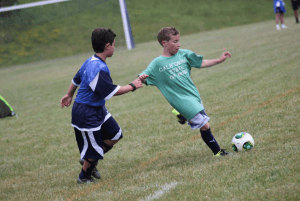 Unless you live on 100+ acres of grassy fields, on a lake, complete with swimming pools and tennis courts, an equestrian center and hundreds of your closest friends (and if that is the case, lucky you!) then it may be hard to stay as busy and active at home as you do when you are at camp. When you spend your summer at camp, you are surrounded by nature, you have access to almost every sport and activity you could imagine, and it is easy to spend your days literally running from one adventure to another. Campers can’t help but feel exhausted at the end of the day; thanks to all of the activity they do on a daily basis.
Unless you live on 100+ acres of grassy fields, on a lake, complete with swimming pools and tennis courts, an equestrian center and hundreds of your closest friends (and if that is the case, lucky you!) then it may be hard to stay as busy and active at home as you do when you are at camp. When you spend your summer at camp, you are surrounded by nature, you have access to almost every sport and activity you could imagine, and it is easy to spend your days literally running from one adventure to another. Campers can’t help but feel exhausted at the end of the day; thanks to all of the activity they do on a daily basis.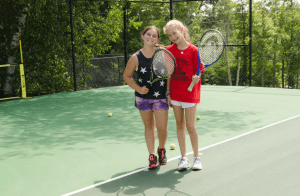 Staying active during the fall and winter months is very important to your overall health. When you feel good physically, other aspects of your life seem to follow. Your confidence begins to improve, which helps you build healthy and strong relationships. Exercise has been scientifically proven to release hormones that help you focus in school, help you get a good nights sleep, and help to promote strong bones and muscles. It is great for your heart, and the endorphins released when you exercise gives you an overall great sense of happiness.
Staying active during the fall and winter months is very important to your overall health. When you feel good physically, other aspects of your life seem to follow. Your confidence begins to improve, which helps you build healthy and strong relationships. Exercise has been scientifically proven to release hormones that help you focus in school, help you get a good nights sleep, and help to promote strong bones and muscles. It is great for your heart, and the endorphins released when you exercise gives you an overall great sense of happiness.